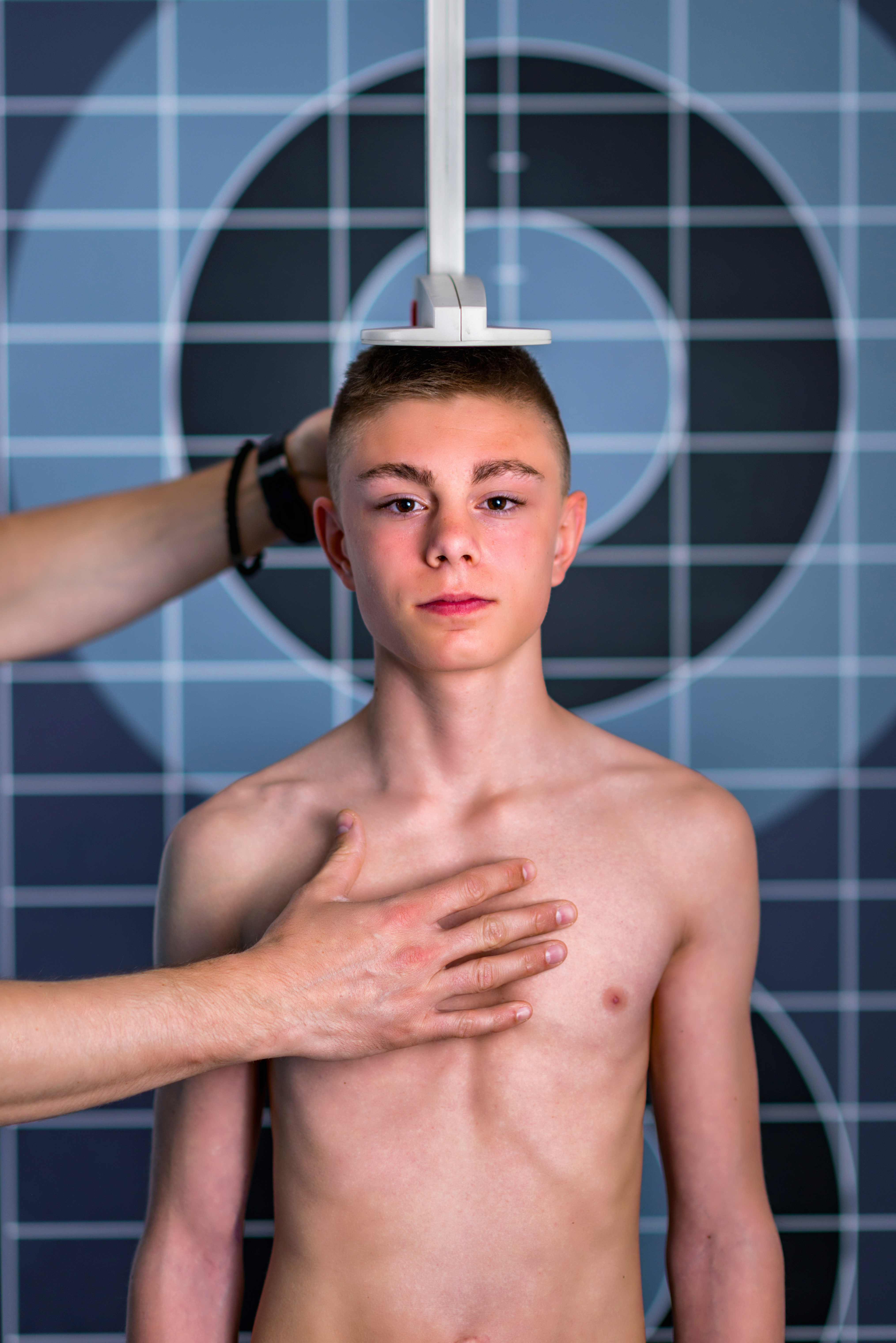Witnessing the Transformation of Youth Top Ten Signs as Boys Transition through Puberty
Puberty is a remarkable and inevitable phase of life that signifies the transition from boyhood to adulthood. This period is marked by profound physical, emotional, and psychological changes that can be both exciting and daunting for young boys and their families. Understanding puberty is crucial, as it prepares parents and adolescents for the changes that lie ahead, fostering a supportive environment. This article delves into the top ten signs that indicate boys are transitioning through puberty, providing a comprehensive guide for parents, educators, and the youth themselves. By recognizing these signs, we can better appreciate the transformation that is taking place and offer the necessary support to navigate this period with confidence and ease.
The onset of puberty varies widely among individuals, with some boys beginning as early as age 9 and others starting as late as 15. This variability can lead to confusion and concern, making it essential to understand the typical signs of puberty. These signs are not just physical; they encompass a range of emotional and social changes that are equally significant. By exploring each of these signs in detail, we can gain a holistic understanding of puberty and its impact on young boys. This knowledge empowers us to guide them through this transformative journey, ensuring they emerge as confident and well-adjusted young men.
Physical Growth: The Surge in Height and Weight

One of the most noticeable signs of puberty in boys is the rapid increase in height and weight, often referred to as the growth spurt. This growth is driven by hormonal changes, primarily the increased production of testosterone, which stimulates the growth of bones and muscles. Boys typically experience their most significant growth spurt between the ages of 12 and 15, during which they may grow as much as 4 inches per year. This period of rapid growth can be both exhilarating and awkward, as boys adjust to their changing bodies.
The growth spurt is accompanied by an increase in appetite, as the body requires more energy to fuel its development. This can lead to a marked increase in food consumption, with boys often eating larger portions and more frequently. Parents may notice their grocery bills rising as they strive to keep up with their son's growing appetite. It is important to ensure that boys receive a balanced diet rich in nutrients to support their growth and overall health during this critical period. Encouraging healthy eating habits and regular physical activity can help boys manage their changing bodies and maintain a positive body image.
